Is it legal to build a pond without a permit? Experts reveal the rules, regulations, and how koi carp can break the law
Depending on where you are in the country, your backyard pond could be breaking the law
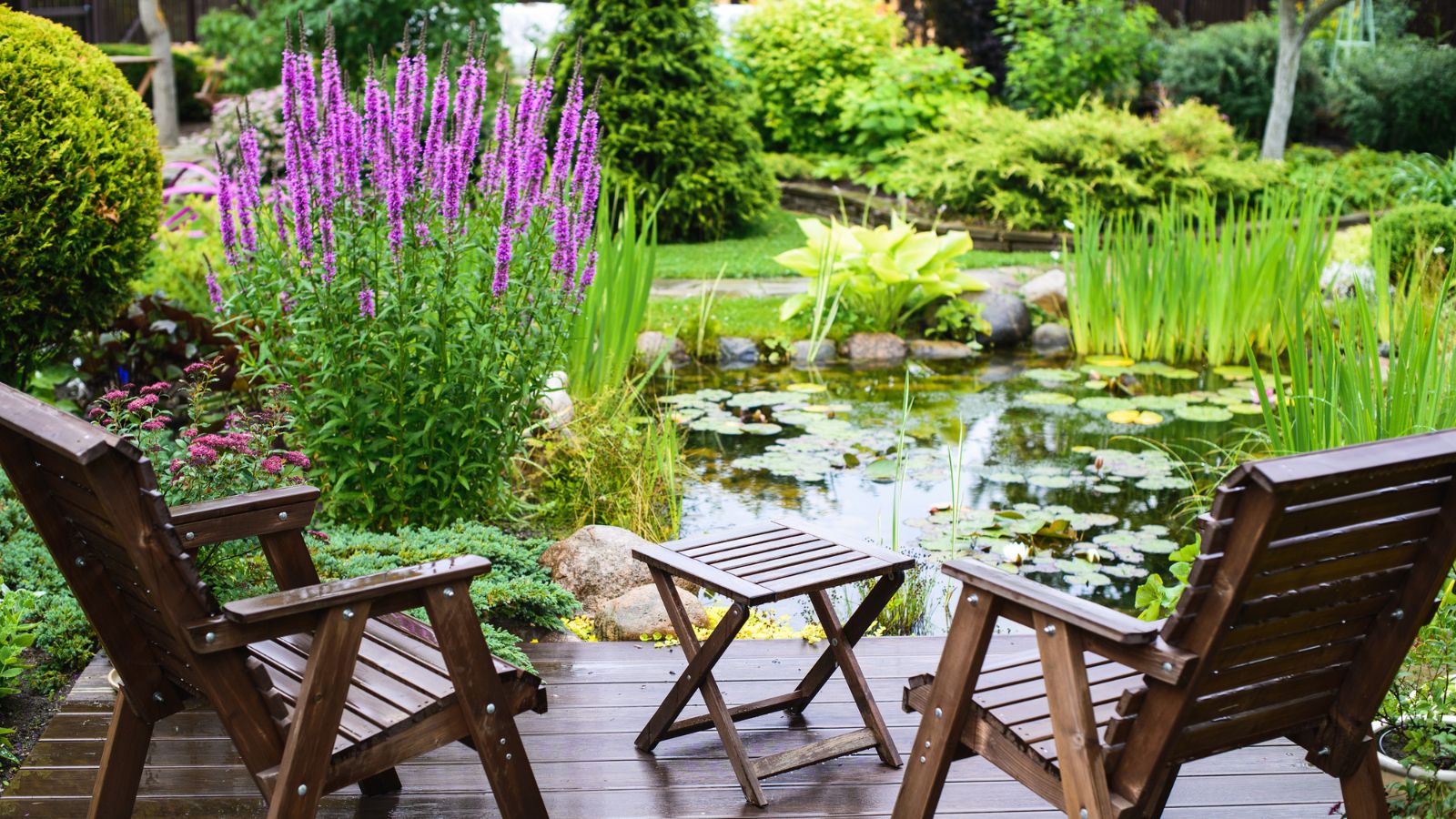

Ponds are a wonderful way of introducing wildlife to your yard, and they're easy to DIY. You can turn a corner of your yard into a watery oasis in a single afternoon.
But before you start building, bear in mind that ponds can be heavily regulated. In some places, large ponds can be regulated like pools; they need permits to build and they have to be fenced in.
I spoke to pond professionals about the different rules and regulations, and how to make sure your pond is up to code. While it's legal to build small ponds without a permit, anything bigger than a couple of feet will probably need some permits to build.
1. Depth rules
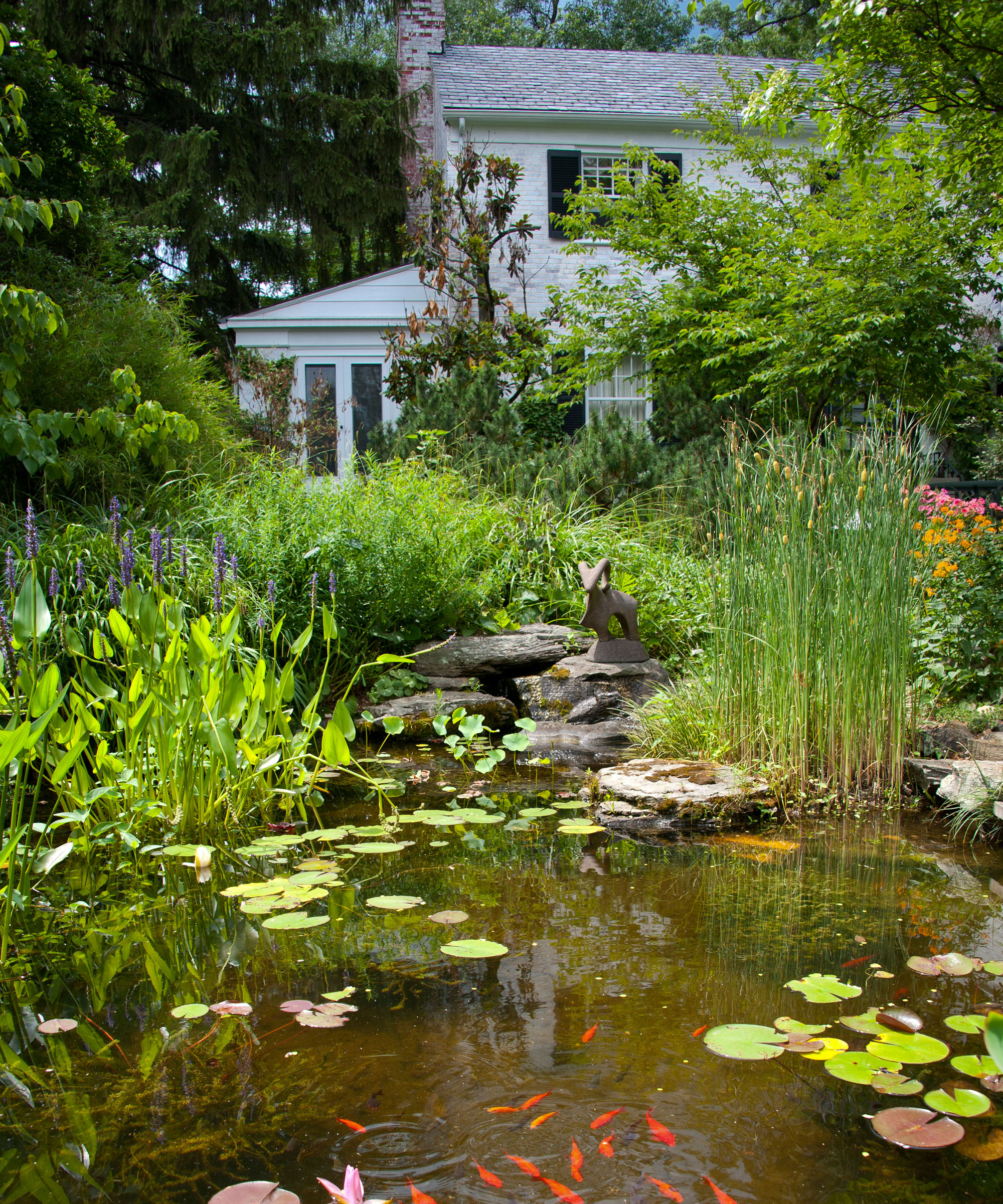
Depth is the first regulation to consider when building a pond. There are two reasons for this. First, a deep pond can be classified as a pool and may be subject to pool regulations like fencing. Second, digging too deep can be hazardous. If you don't have a plan for your yard, you could end up digging through utility lines, which can be incredibly dangerous.
'There can be regulations around ponds, and this can vary by state, county, or city,' says Coleman Cosby, Yardzen’s licensed in-house contractor. 'In many areas ponds deeper than 24 inches, and in some cases, even 18 inches, can be regulated like a pool, with permitting and fencing requirements. So it might be a good idea to consider a shallow pond for front yard.'

Coleman Cosby is a licensed landscape contractor with over 25 years' experience in the field. At Yardzen, he helps homeowners navigate their installation, guiding contractor selection, bid reviews, and planning phasing.
2. Width rules

There are also rules about how wide a pond can be, but there's a lot more leniency here. Again, it varies by location but in most places domestic backyard ponds top out at around 300 sq. ft, usually in a 15x20 ft layout.
Larger than this and you need a permit. This size of pond is relatively rare for a garden; most suburban ponds tend to be much smaller. Regulations are different if you're building a pond on a ranch or farmland, or if you're creating a pond to hold fish stocks. Here, tolerances can be much bigger, but you need a permit.
Large ponds can also fall foul of the many rainwater harvesting and storage laws across the country. Ponds that hold more than 100 gallons could break local laws on water storage and collection, so the bigger the pond, the higher the likelihood you need a permit.
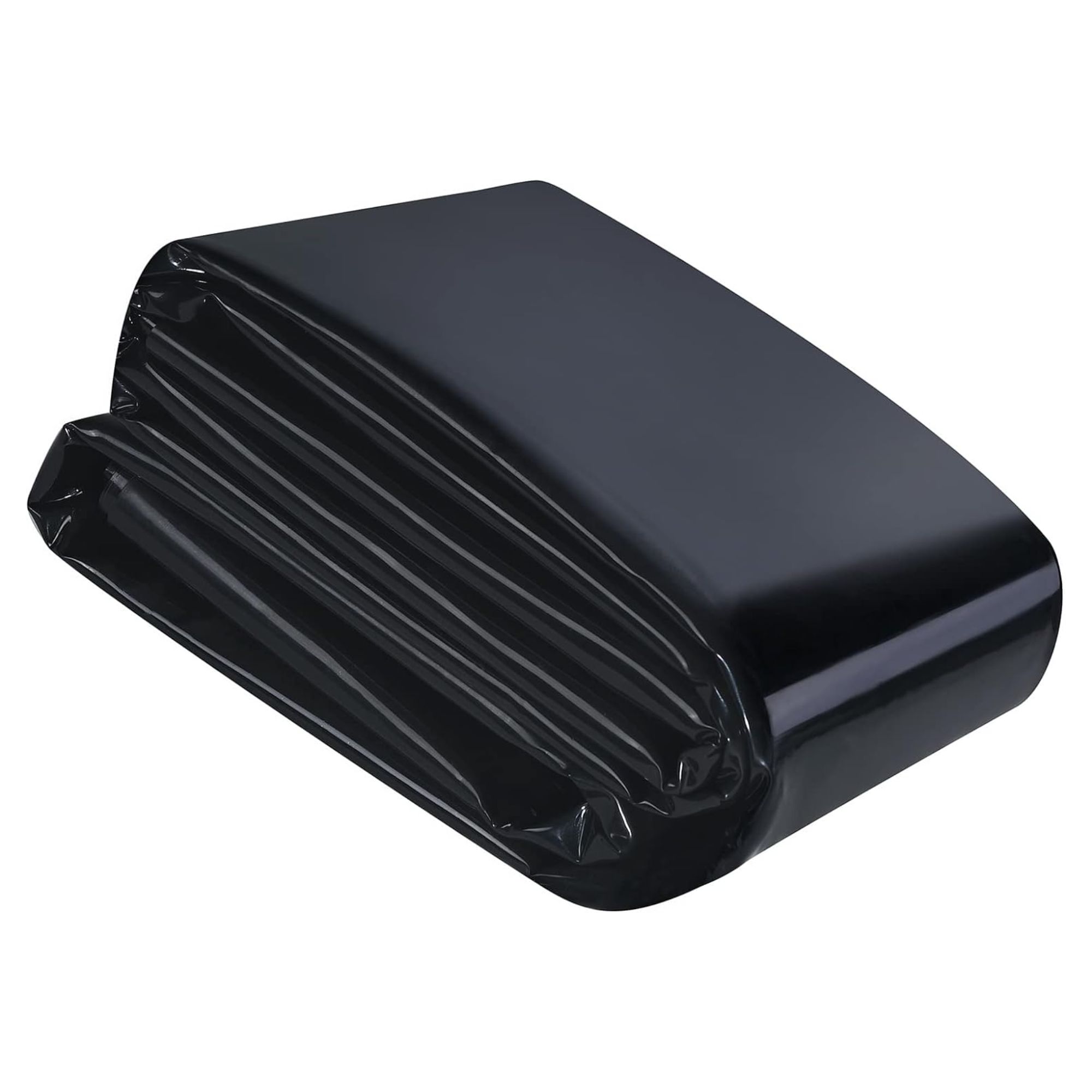
By far the cheapest way to install a pond is with a liner like this. All you need to do dig a hole, fill it with the liner and add water and freshwater plants.
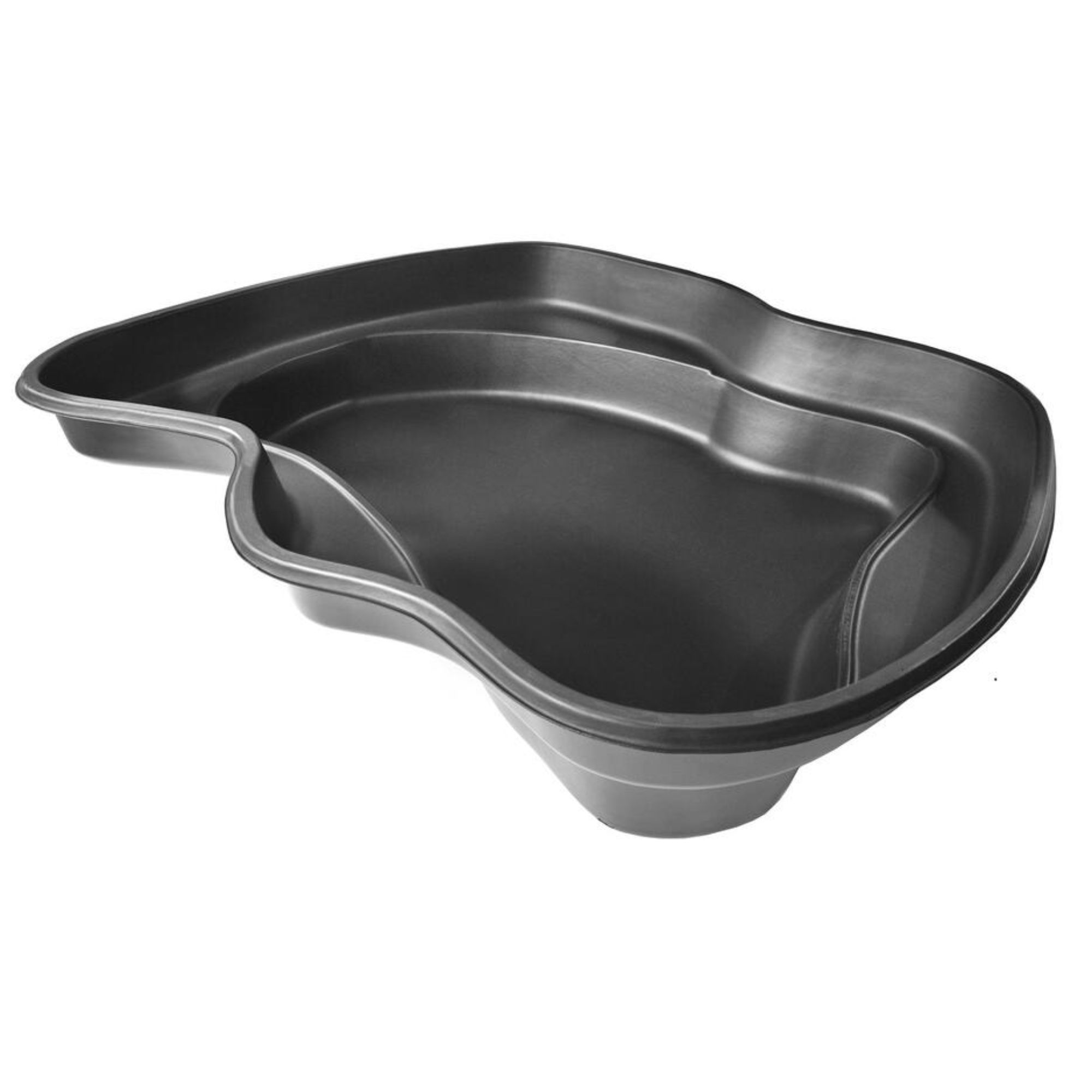
For easier installation, try a preformed pond like this. It's built in a wavy, naturalistic shape, and it also has different shelf levels so you can plant a variety of aquatic plants with different root depths.
3. Fencing rules
In many places, larger ponds are treated in the same way as pools and must be fenced in. The idea is that this helps to prevent accidents, even if the pond is only a couple of feet deep. Just as with pools, any pond visible from the street above a certain width and depth must be fenced to keep kids, pets, and local wildlife safe.
'Always check local zoning laws to see if permits are needed or if there are restrictions on pond size or depth,' says pond expert Jerry Moore. 'In some areas, ponds of a certain depth require fencing for safety. You don’t want to put in a new pond and have the city tell you it’s not allowed. '
As ever, this varies from place to place. In Arizona law, for example, a pool or 'other contained body of water' - here a pond - must be protected by a fence if it is 18 inches deep or wider than 8 feet. With most ponds, this is fine, but with the largest backyard ponds, you might need to fence it off.
In Florida, however, a law that mandates fencing specifically applies to 'swimming pools', 'any structure, located in a residential area, that is intended for swimming or recreational bathing.' In Florida, you need fences around pools and hot tubs, but not around ponds.

Water feature expert Jerry Moore is the owner of Your Pond Pros, the go-to place for pond supplies. Passionate about aquatic ecosystems and committed to excellence, Jerry has the know-how to improve the aesthetics and use of any water feature, whether it's a modest home fountain or a sizable commercial pond.
4. Fish regulations
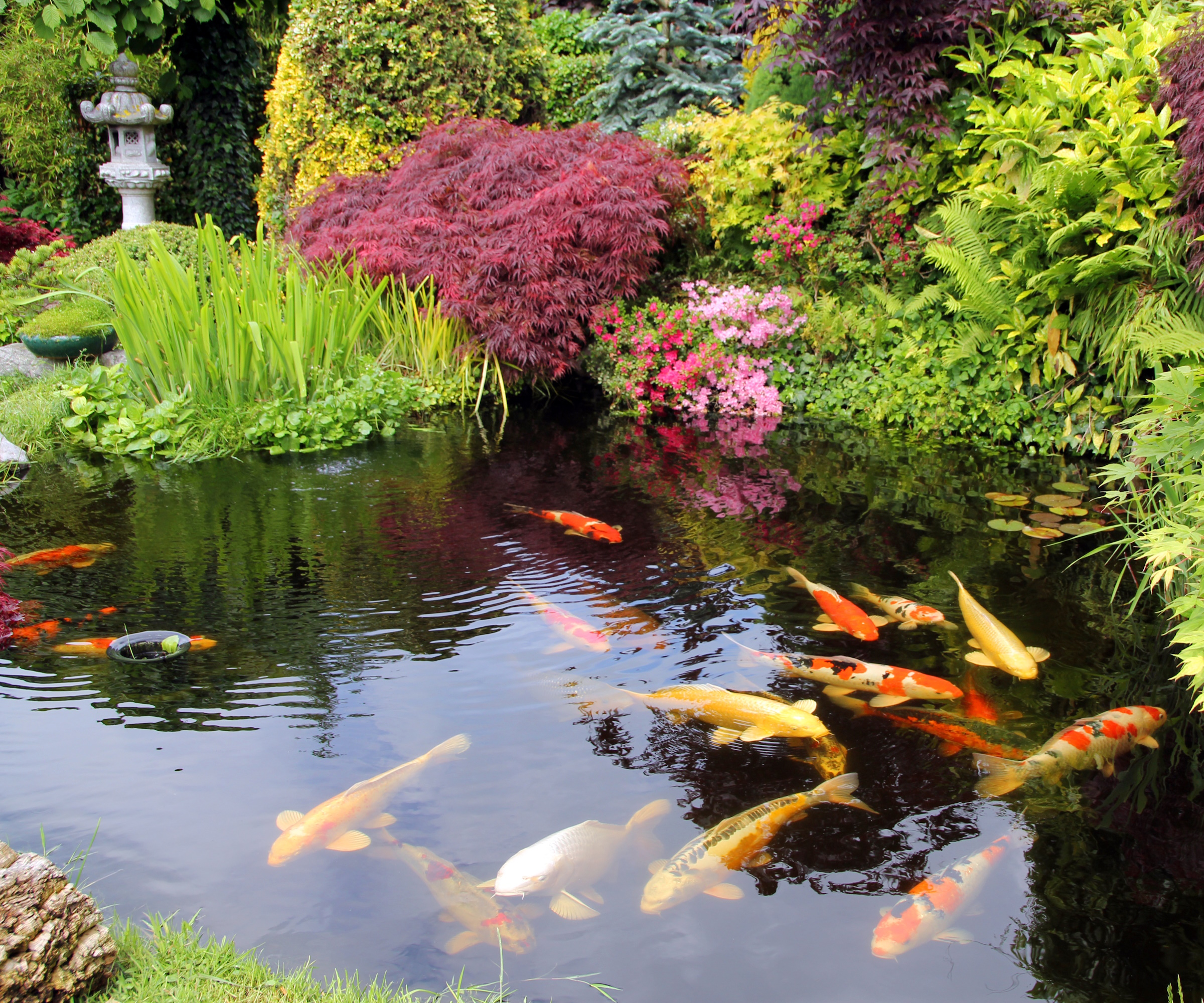
If you want to keep ornamental fish in your pond as pets, you also need to be careful about local fish regulations. Some municipalities ban non-native fish like koi carp, amphibians like salamanders and newts, or reptiles like European terrapins.
These laws can be incredibly specific, too. Koi carp are legal in 49 out of 50 states, but they are banned in Maine, because they are considered an invasive species that could harm native wildlife. Some fish are banned in some states but not in others, so it always pays off to know the local law.
5. HOA rules
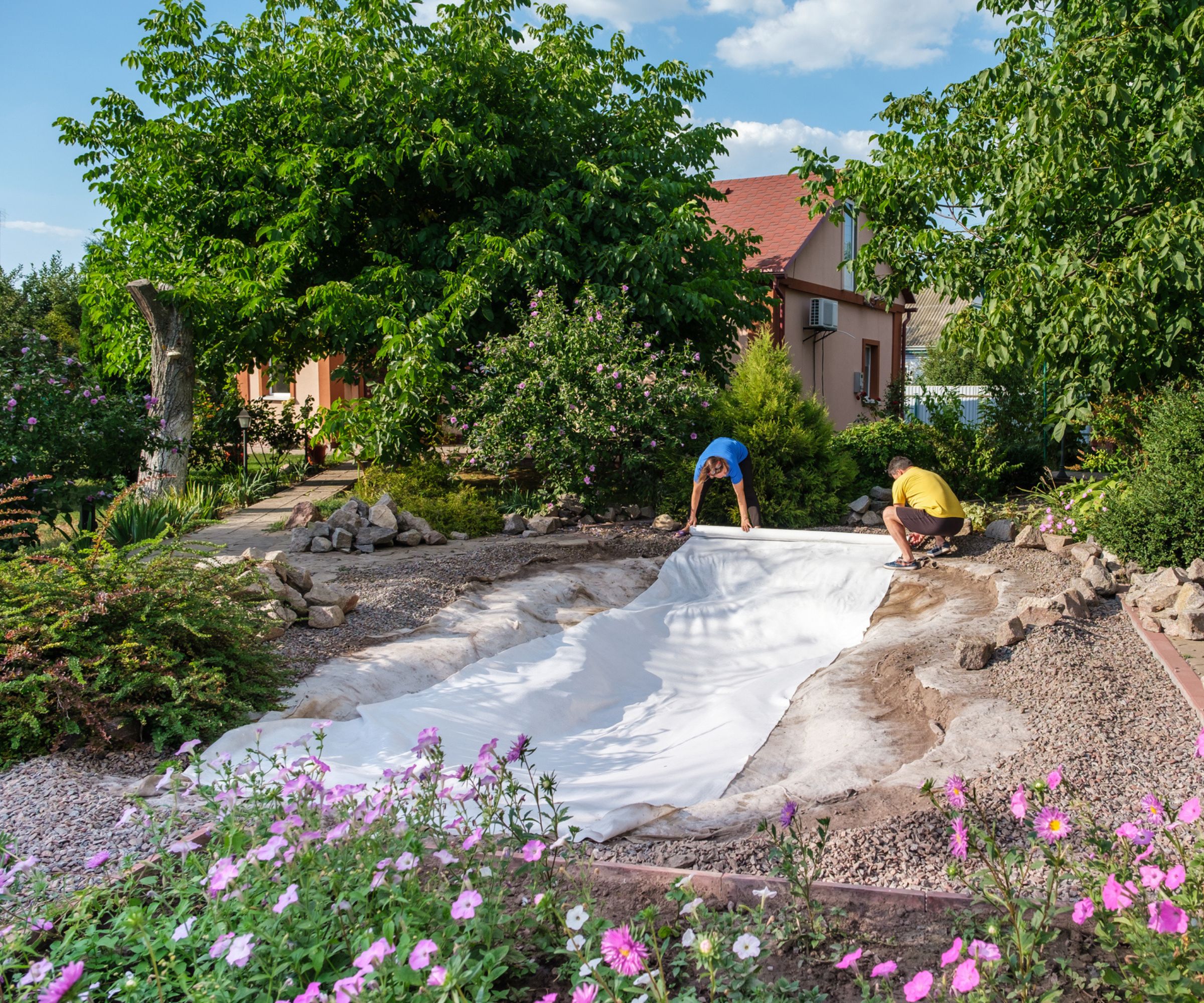
On top of all of the above, you could be subject to HOA rules. HOAs can implement stricter versions of all of the above rules, so you need to know whether or not your pond fits with its bylaws before you start digging. HOAs can mandate the location, size, style, design types of fish, fencing, and even maintenance of your pond, so it always pays off to learn the rules.
Jerry Moore says 'Find out if your neighborhood has a Homeowners Association that has an opinion on this so you can be sure a pond is allowed.'
Many of these issues can be compounded if you build a front yard pond in view of the street, in which case it probably needs to be fenced in and definitely needs HOA permission. If you introduce fish to your pond, it's also worth investing in pond fish protection so your animals aren't caught by predators.
Sign up to the Homes & Gardens newsletter
Design expertise in your inbox – from inspiring decorating ideas and beautiful celebrity homes to practical gardening advice and shopping round-ups.

As a gardens and lifestyle contributor, Alex makes sure readers find the right information to help them make the best purchase. Alex got his start in reviewing at the iconic Good Housekeeping Institute, testing a wide range of household products and appliances. He then moved to BBC Gardeners’ World Magazine, assessing gardening tools, machinery, and wildlife products.
You must confirm your public display name before commenting
Please logout and then login again, you will then be prompted to enter your display name.
-
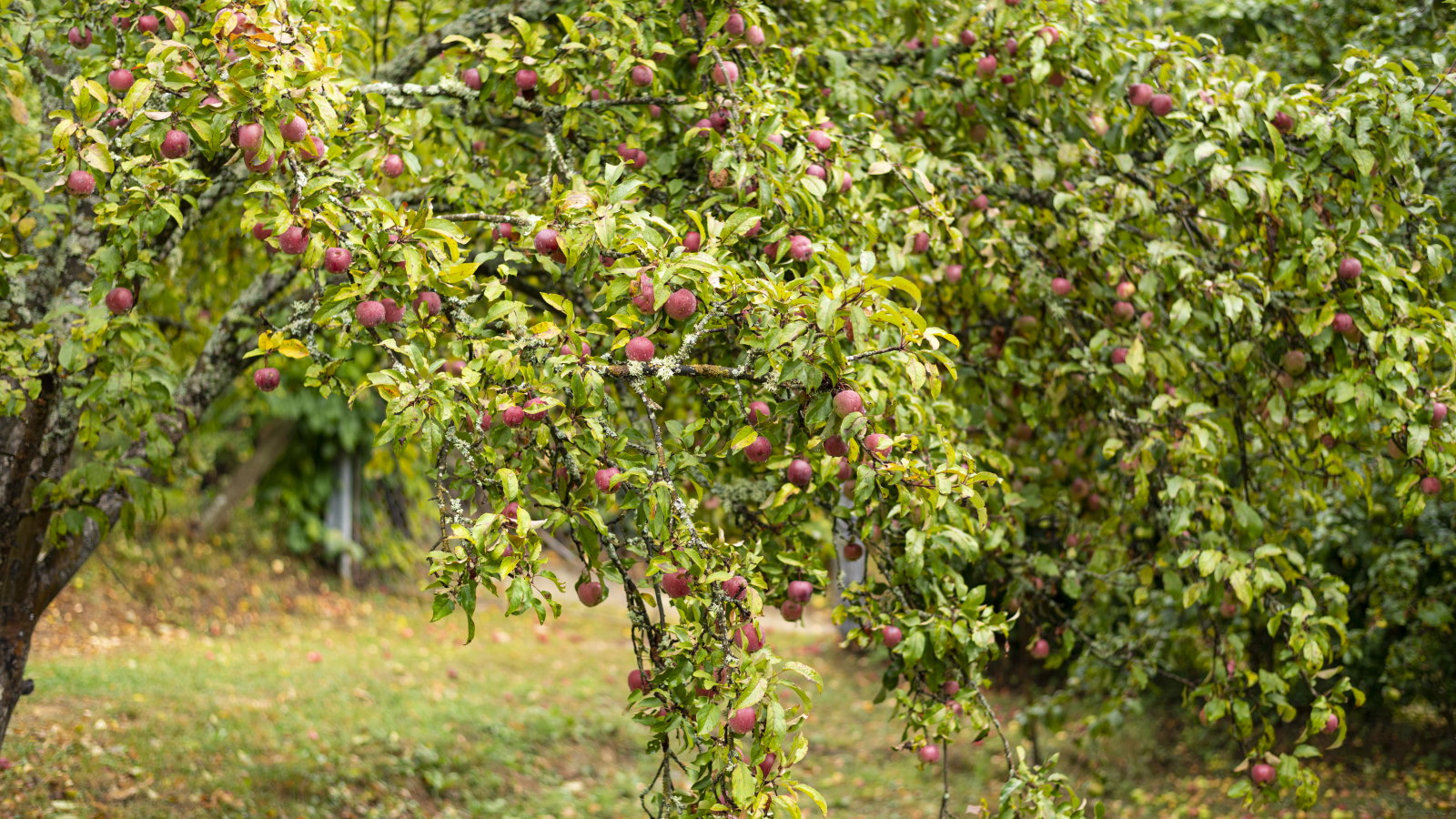 Plants never to grow next to fruit trees
Plants never to grow next to fruit treesExpert advice on which plants to keep away from fruit trees to encourage a healthy harvest
By Jacky Parker Published
-
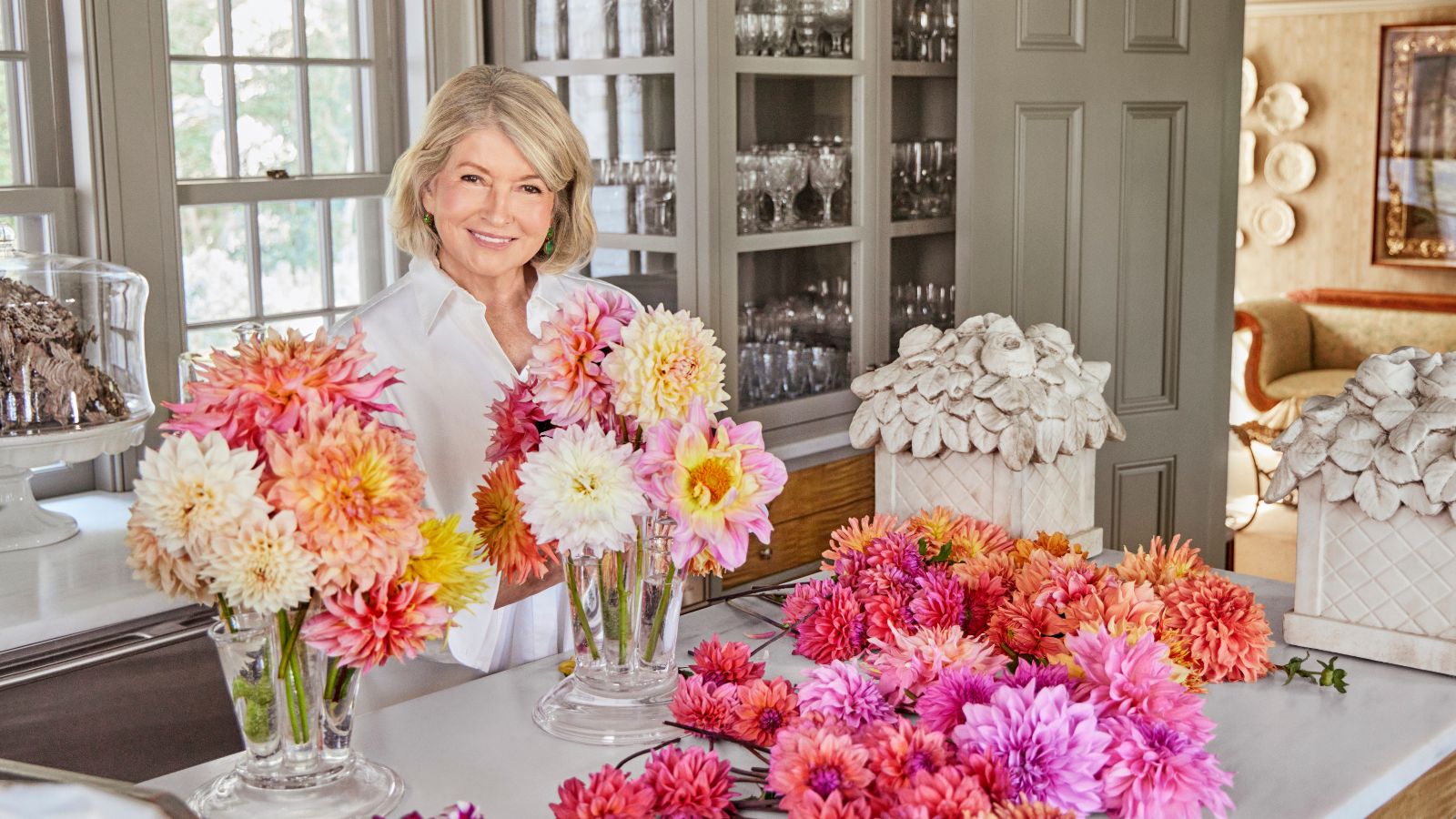 Martha Stewart's tips for arranging daffodils are unbelievably simple and effective – it's the only flower advice you need this springtime
Martha Stewart's tips for arranging daffodils are unbelievably simple and effective – it's the only flower advice you need this springtimeMartha shows us that we can create gorgeous bouquets of this seasonal flower by simply trimming the stems and placing them in specific vases
By Hannah Ziegler Published
